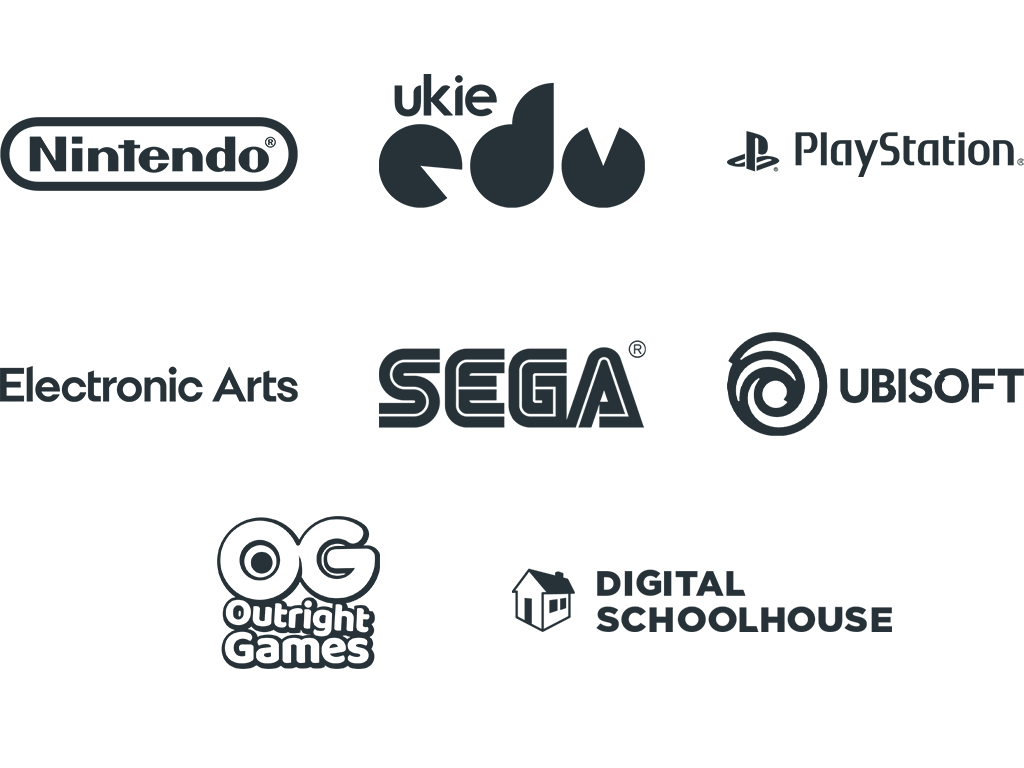-header.jpg)
New research reveals benefits of video games for young people’s literacy, creativity and wellbeing
- Video games can provide young people with a route into reading and writing, with 79% reading and 63% writing game-related materials regularly
- Three quarters (73%) of reluctant readers say playing video games helps them feel like they are part of a story, while two-thirds (65%) say video games help them imagine being someone else, suggesting potential benefits for empathy
- 3 in 5 (58%) young people declared an interest in writing or designing video game
- Almost two thirds (60%) of parents say communicating with friends via video games during lockdown has helped their child’s mental well being. Potential benefits of video games for literacy are strongest for boys and reluctant readers
- Potential benefits of video games for literacy are strongest for boys and reluctant readers
New research published today by the National Literacy Trust finds that playing video games can support young people’s literacy, creativity and empathy, while parents say communicating with friends through video games during lockdown has been helpful for their child’s mental well being. These benefits were found to be strongest for boys and reluctant readers.
We use play-based learning at the core of our teaching pedagogy, thus engaging pupils with the application of game-centric and game adjacent resources through guided exploration. With games continuing to successfully capture the imaginations of young people on the programme, as well as teaching them vital digital skills, it’s great to see new evidence which highlights the power of video games to support young people’s literacy, creativity and empathy.
Video games teach Literacy and Computer Science
What’s more, the study reports that video games can encourage young people’s creativity through writing. 3 in 5 (63%) young people who play video games write something relating to video games, including video game scripts (28%), advice to help other players (22%), fan fiction (11%) and blogs or reviews (8%).
The scope of deploying game-centric resources in the classroom is huge, which is why we’re always keen to ensure our Computing workshops are cross-curricular. For example, using our expertise in Computer Science to deliver Literacy too.
So, as a teacher, parent or carer, how can you use video games to improve your child's literacy? Well, here are a few suggestions to help you get started.
Gamebook Computing
Inspired by the work of Ian Livingstone who authored the original Fighting Fantasy series, Gamebook Computing encourages students to examine existing interactive fiction before developing their own. This activity can be delivered equally well by Computing and English teachers, or as part of a larger project involving the art department. Encourage students to write their own story, develop their own ebook and perhaps even publish it online.
Teachers: Download now
Parents & young people: Watch follow-along Gamebook activity here
National Literacy Trust, Ukie and Penguin Random House selected activities
Parents & young people: Read more
- An exclusive video interview from family video games expert and journalist, Andy Robertson, with award-winning scriptwriter, story designer and author, Rhianna Pratchett, about the benefits of video games for young people’s literacy and how good literacy skills can provide young people with a route into working in the video games industry
- A series of pen portraits from leading industry figures, including the President of ZeniMax Online, the Editor of Edge magazine and the lead narrative designer for RuneScape, to show young people how central literacy is to their job roles, collated and hosted by Ukie
- A book list packed with inspiring reads for children aged 11+ who love video games, from Penguin Random House Children’s
- A list of recommended video games to support children’s literacy for parents, curated by Andy Robertson and hosted on taminggaming.com
Video games and mental wellbeing
Certainly within an educational setting, time and time again we’ve seen that video games and associated careers opportunities continue to supply young people with the opportunity and motivation to hone their soft skills and improve their mental well being.
In the study, video games were also found to have potential benefits for increasing empathy, with two-thirds (65%) of young people saying that playing video games helped them imagine being someone else.
The shared cultural experience of playing video games was also found to support positive communication with friends and family. Three-quarters (76%) of young people talk to their friends about video games compared with only 3 in 10 (29%) who discuss books. In addition, young people said that playing video games helps them to build social connections both ‘in real life’ and online.
Many young people said that playing video games helps them either deal with, or escape from, stress and difficult emotions. The role of video games in supporting young people’s mental well being was also key during lockdown. More than half (56%) of parents said their child had chatted with family and friends as part of playing a video game during lockdown and 3 in 5 (60%) felt that this communication had been helpful for their child’s mental well being during this time.
Overall, there’s loads of great benefits to using video games in a classroom or home learning setting.
We can’t wait to see the increased use of innovative tools and practices that continue to harness the power of games in education.

.png?width=284&height=268&rmode=min)

